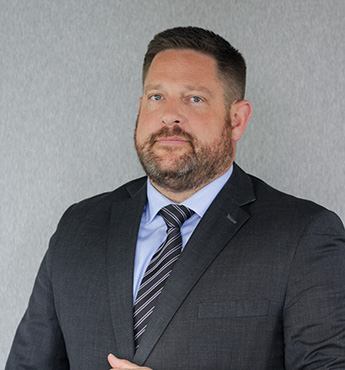How Criminal Defense Legal Fees Work
Hiring a criminal defense attorney can feel overwhelming, especially when it comes to understanding legal fees. Attorney Jake Gunter uses a flat fee structure to give clients transparency and predictability in their legal costs. Here’s how criminal defense fees are determined and why this approach benefits you.
Factors Influencing Criminal Defense Fees
Several factors affect the cost of a criminal defense case. These include:
1. Time Required for the Case
- Complexity of the Case: Does it involve complicated legal or factual issues?
- Document-Heavy Cases: Does the case require extensive review of evidence or filings?
- Motion Practice: Anticipated motions, such as suppression hearings or challenges to Miranda violations, increase the time needed.
2. Severity of the Charges
- More serious charges require greater diligence and preparation, which increases fees:
- Sex Offense Cases or Felonies: These involve more intensive legal work.
- Misdemeanor Marijuana Charges: These typically cost less due to the lower stakes and simpler legal matters.
3. Venue of the Case
- The location of the courthouse impacts fees:
- Local Cases: Cases in Provo City Justice Court involve minimal travel time, reducing costs.
- Out-of-Town Cases: Cases in places like Fillmore, Utah, incur higher fees due to travel and time commitments.
4. Stakes for the Client
- If the outcome significantly impacts the client, such as:
- Losing a professional license.
- Being added to the sex offender registry.
- Facing jail or prison time. The attorney will dedicate more time and resources to protect the client’s interests, leading to higher fees.
Examples of Criminal Defense Flat Fees
Flat fees allow clients to understand the costs upfront. Here’s how fees might be structured for a Utah misdemeanor marijuana charge:
- Flat Fee for Pretrial Conference
Covers initial work and representation through the first pretrial hearing.
- Flat Fee for Substantial Pretrial Motions
Includes costs for motions such as suppression hearings or Miranda challenges.
- Flat Fee for Jury Trial
Covers trial preparation, strategy, and representation during the trial.
- Client-Incurred Costs
Clients cover additional costs like:
- Record retrieval.
- Subpoenas and service fees.
- Private investigator expenses.
- Lie detector test fees.
Why Clients Prefer Flat Fees in Criminal Defense
Flat fees provide predictability and control, offering clear advantages to clients:
- Transparency: You know the costs upfront and avoid surprises.
- Control Over Costs: Clients decide whether to file motions or proceed to trial, directly influencing fees.
- Focus on Results: With flat fees, the attorney remains focused on delivering the best outcome without billing by the hour.
Take Control of Your Criminal Defense Costs
Understanding the factors behind criminal defense fees helps you make informed decisions. Attorney Jake Gunter provides expert legal representation with a flat-fee approach, ensuring transparency and value for his clients.
If you’re facing criminal charges, call today for a free consultation: (801) 373-6345.
Learn More About Criminal Defense Lawyer Jake Gunter 
For additional insights on Criminal Defense Law and to get to know Jake Gunter better, check out these helpful videos:
These resources will provide you with valuable information as you consider your legal options. For any questions or to schedule a free consultation, feel free to reach out to us directly.




